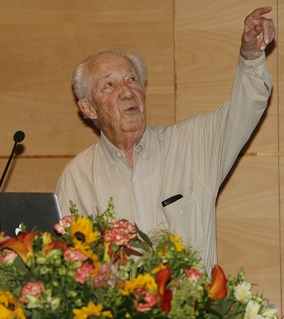A Quote by Christian de Duve
The advantage of the analytical approach is that it is widely applicable, and it can provide a considerable amount of quantitative information even with a relatively poor resolving power.
Related Quotes
The loss of quality that is so evident at every level of spectacular language, from the objects it glorifies to the behavior it regulates, stems from the basic nature of a production system that shuns reality. The commodity form reduces everything to quantitative equivalence. The quantitative is what it develops, and it can develop only within the quantitative.
For years, we've been bludgeoned with the cliche "information is power." But information isn't power. After all, who's got the most information in your neighborhood? Librarians. And they're famous for having no power at all. And who has the most power in your community? Politicians. And they're notorious for being ill-informed.
Normally if you add information to information, you have more information. In case of my art, I destroy information, I would say, because the image is disturbed by the writings. In a way, they become pure imagery. For me it's really fun because it's an idealistic approach to images, to just play around with information and see what's happening.
Our Founding Fathers well understood that concentrated power is the enemy of liberty and the rights of man. They knew that the American experiment in individual liberty, free enterprise and republican self-government could succeed only if power were widely distributed. And since in any society social and political power flow from economic power, they saw that wealth and property would have to be widely distributed among the people of the country. The truth of this insight is immediately apparent.
The Analytical Engine has no pretensions whatever to originate anything. It can do whatever we know how to order it to perform. It can follow analysis; but it has no power of anticipating any analytical relations or truths. Its province is to assist us to making available what we are already acquainted with.





































